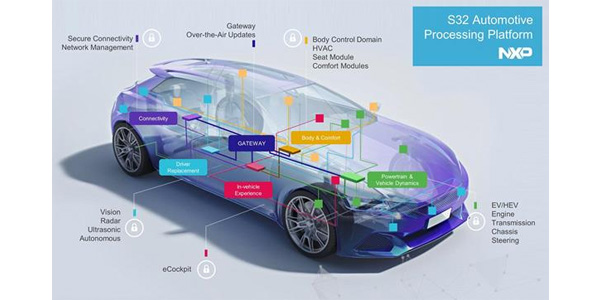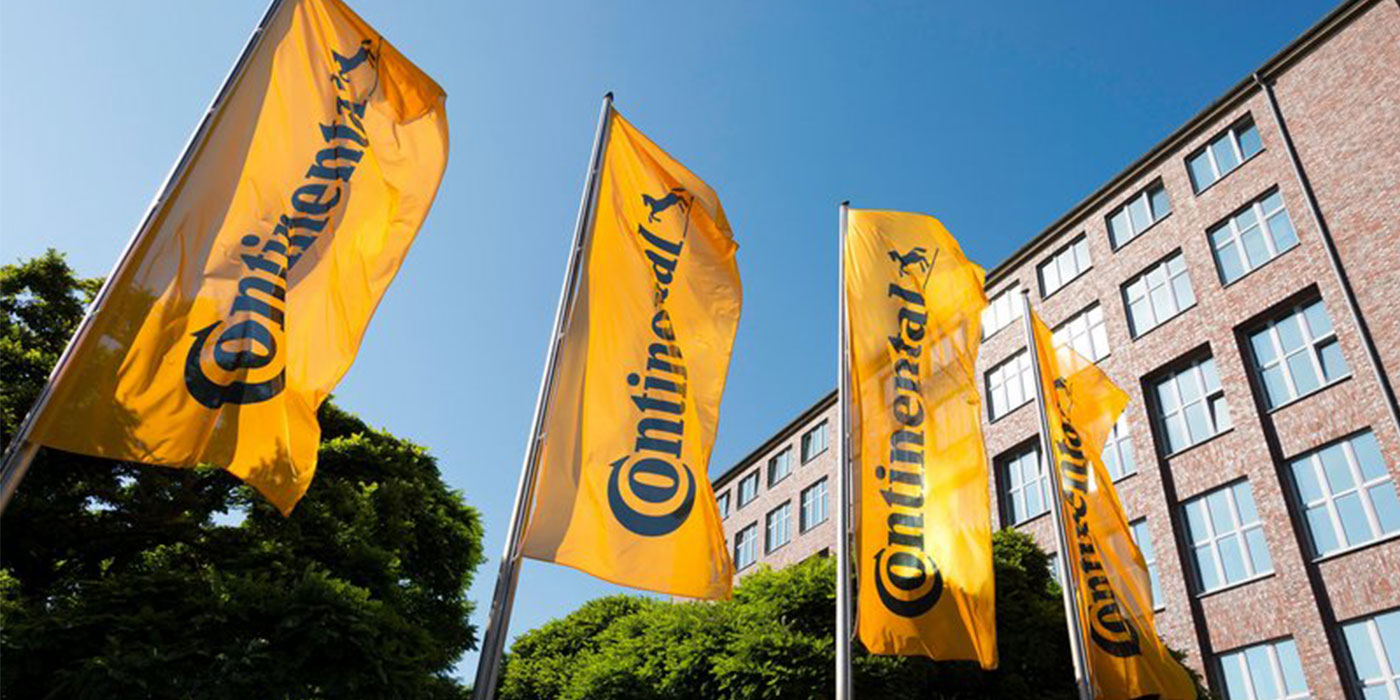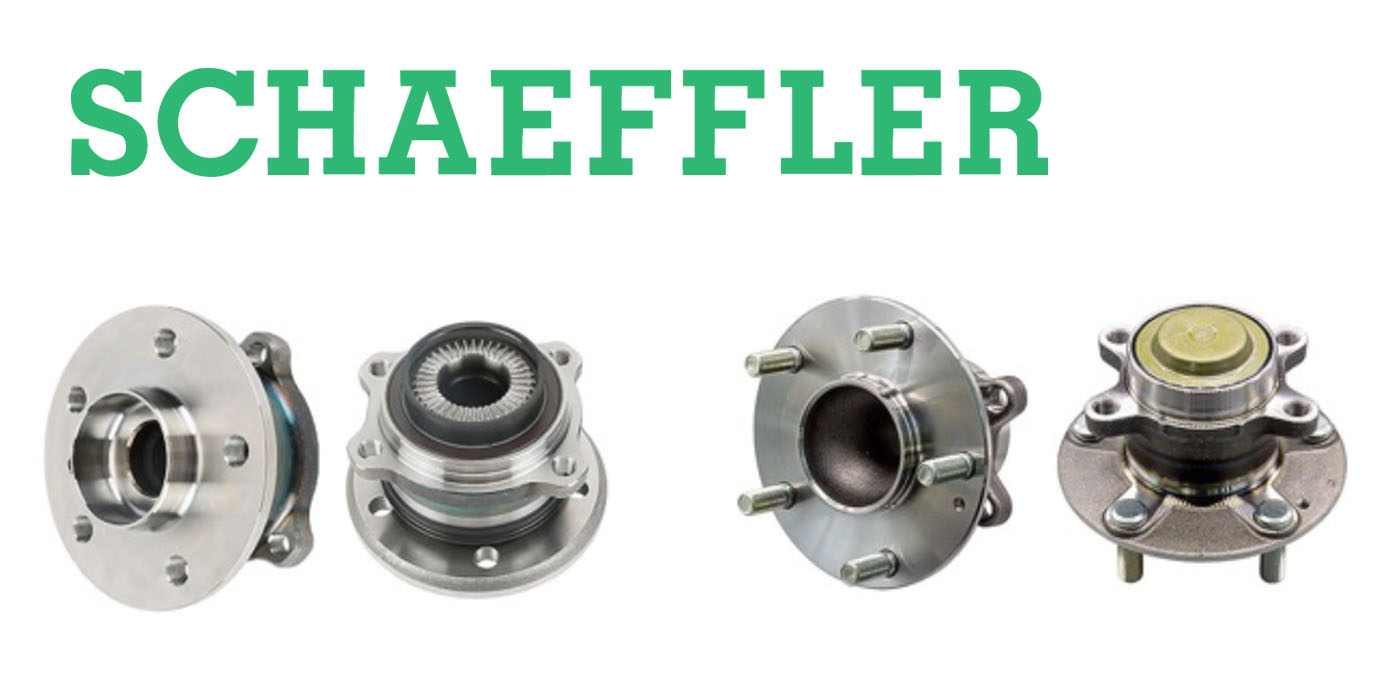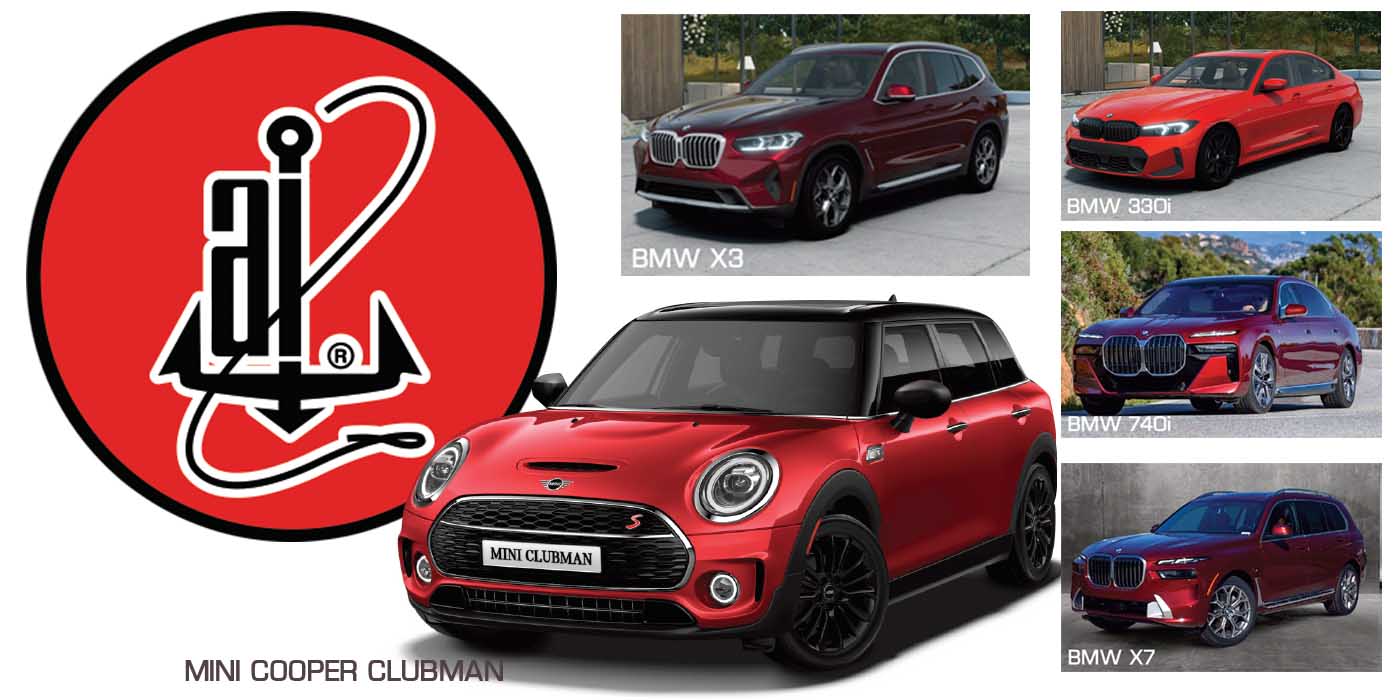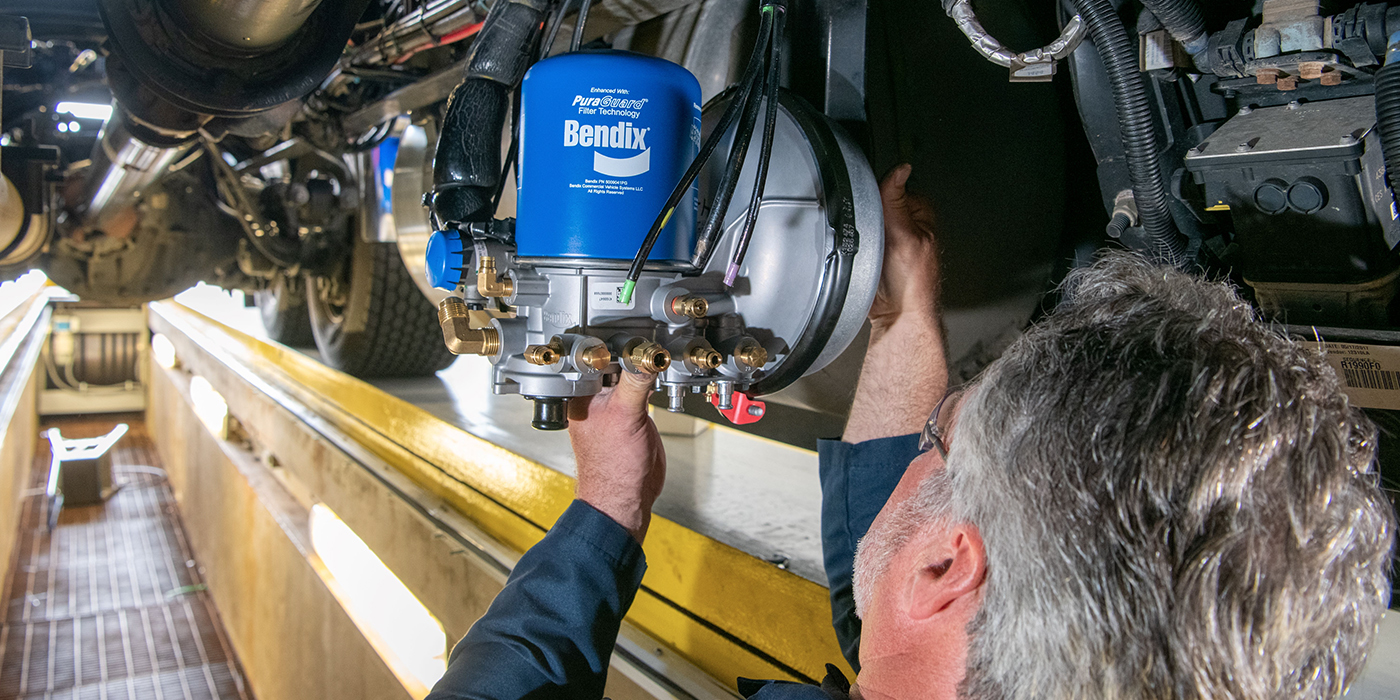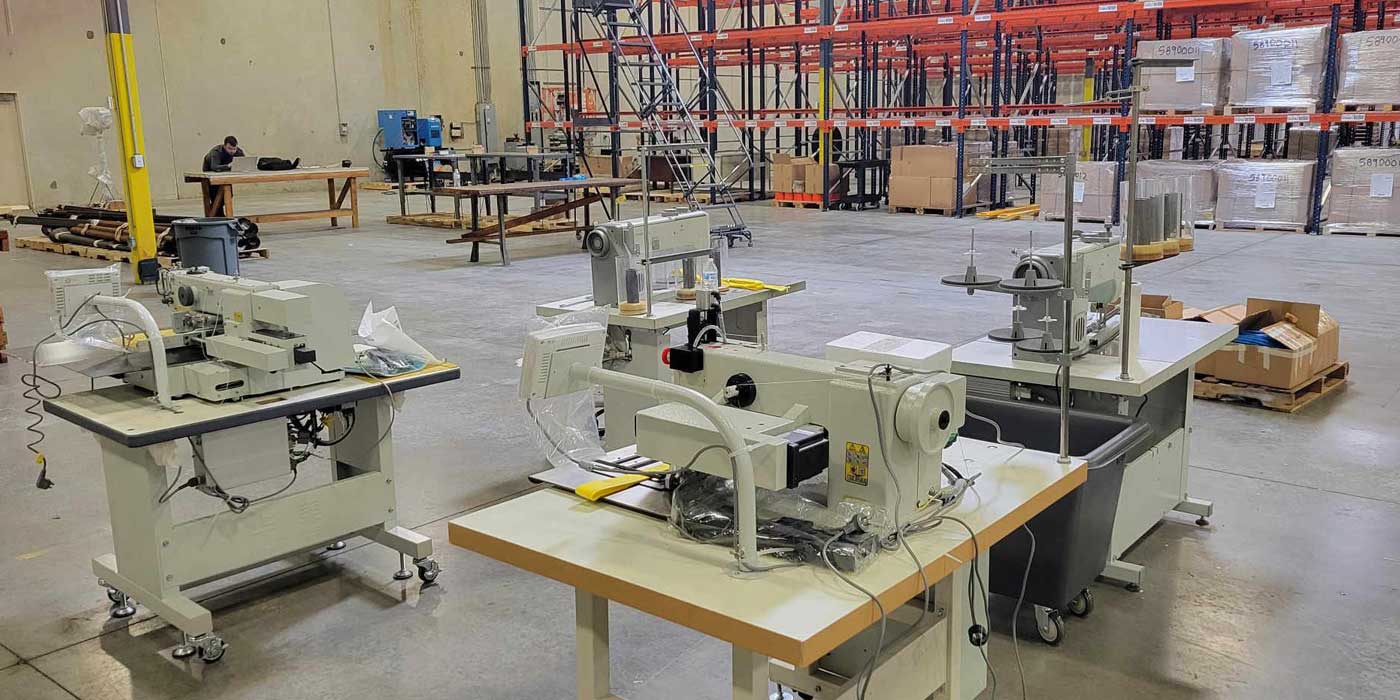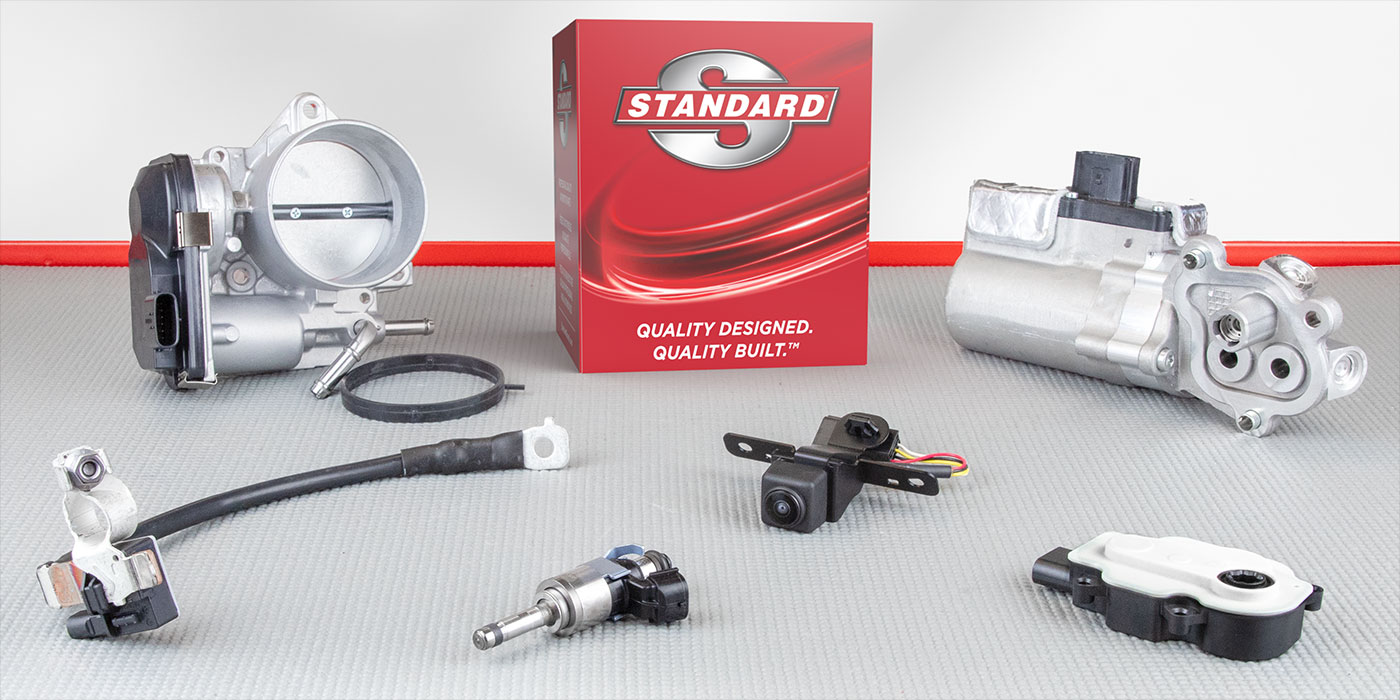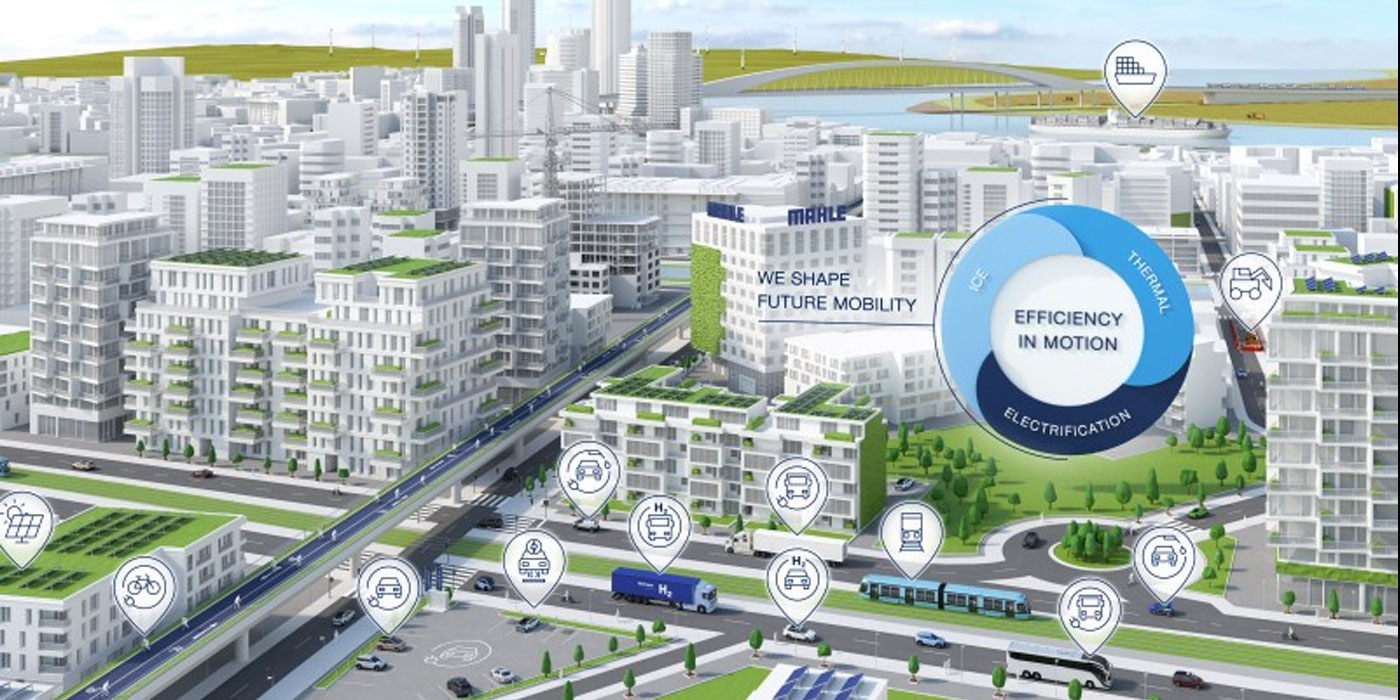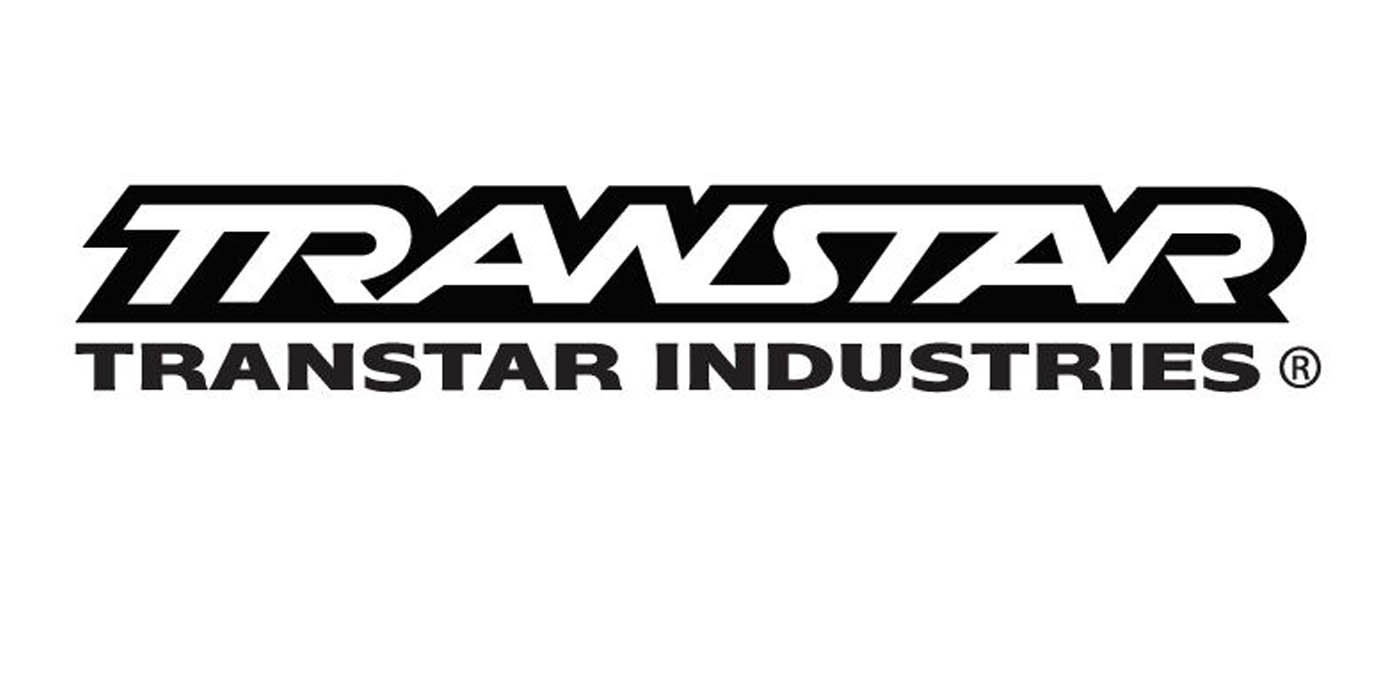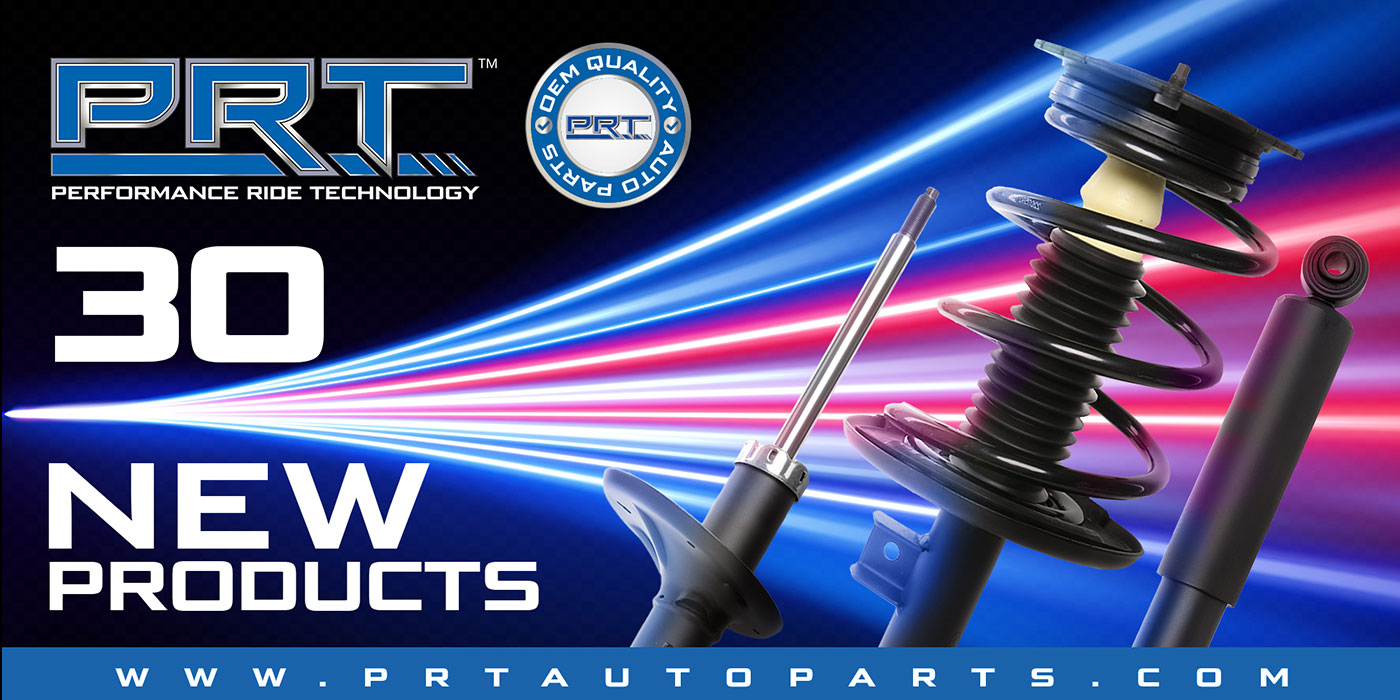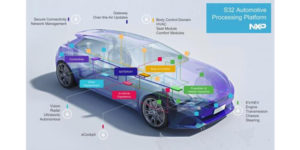 NXP Semiconductors N.V., a global supplier of automotive semiconductors, has announced an all new control and compute concept for connected, electric and autonomous cars. The NXP S32 platform is a fully-scalable automotive computing architecture. Soon to be adopted by both premium and volume automotive brands, it offers a unified architecture of microcontrollers/microprocessors (MCU/MPU) and an identical software environment across application platforms. NXP says its S32 architecture addresses the challenges of future car development with a host of architectural innovations designed to allow carmakers to bring rich in-vehicle experiences and automated driving functions to market much faster than before.
NXP Semiconductors N.V., a global supplier of automotive semiconductors, has announced an all new control and compute concept for connected, electric and autonomous cars. The NXP S32 platform is a fully-scalable automotive computing architecture. Soon to be adopted by both premium and volume automotive brands, it offers a unified architecture of microcontrollers/microprocessors (MCU/MPU) and an identical software environment across application platforms. NXP says its S32 architecture addresses the challenges of future car development with a host of architectural innovations designed to allow carmakers to bring rich in-vehicle experiences and automated driving functions to market much faster than before.
Modern cars are a complex mixture of applications and disparate software approaches that present significant integration challenges to the carmaker, according to NXP. Automotive industry estimates reveal there are more lines of code in an advanced vehicle than a modern passenger aircraft. This complexity places carmakers and automotive suppliers under tremendous pressure to satisfy market expectations for higher electronic functionality within tightening time-to-market constraints.
NXP’s new S32 platform addresses these challenges with the highest performance MCU in the industry, a smooth transition to MPU performance and an identical software development environment across vehicle applications. The new software development environment allows developers to reuse costly research and development work and therefore respond quicker to changing vehicle architectures and intense time-to-market demands. The platform is developed to deliver automotive quality, reliability and ASIL D performance across multiple application spaces.
“Traditional and disruptive automakers, even more than Tier 1s, seek a standardized way of working across vehicle domains, segments and regions to meet increasing performance demands while contemporarily ensuring fast time to market and control over skyrocketing development costs,” said Luca DeAmbroggi, senior principal analyst, automotive electronics & semiconductors at IHS Markit. “A common architecture and a scalable approach can cut development time for critical applications in domains like ADAS, autonomous driving or connectivity from both the HW and the SW perspective.”
“Our insight into the future of automotive caused us to re-evaluate the interrelationship between hardware and software,” said Matt Johnson, senior vice president and general manager – product lines and software, Auto MCU and Processors at NXP Semiconductors. “We saw that to build the software of tomorrow – the software behind future vehicles – we had to reinvent the hardware. We built our hardware to enable an identical software development environment across products and applications, thereby significantly reducing software development effort and shortening time to market. Our customers see it the same way.”
More information can be found in this video.

